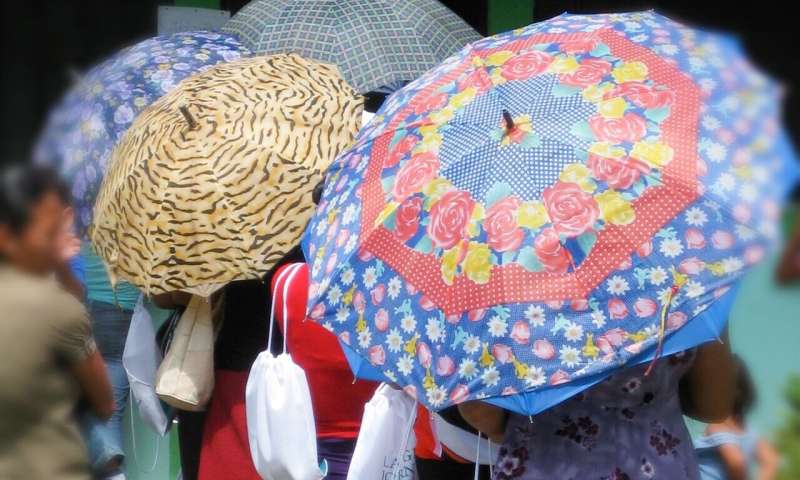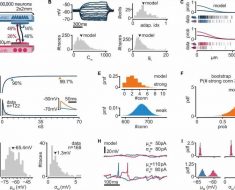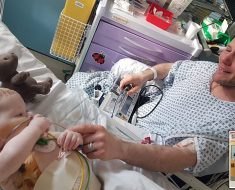
The burden of cancer is on the rise in low- and middle-income countries (LMICs) such as Honduras. Few people in rural Honduras have access to cancer screening of any kind. A research team comprised of Honduran oncologists and scientists from Dartmouth’s and Dartmouth-Hitchcock’s Norris Cotton Cancer Center wanted to test a new model of “multiphasic” cancer screening event that offered testing for multiple types of cancer in a single screening experience. The team chose a rural area in mountainous Honduras and engaged local community leaders in identifying potential barriers to participation. Together, they developed simple strategies to mitigate the barriers and potentially maximize participation.
“Each of three screening events attracted people from more than 30 different rural communities. Over the three events, 1,175 participants were screened and 190 received recommendations for follow-up testing within the urban cancer center. Of those 190, 88% of them adhered to the recommendation and sought follow-up care,” reports Kathleen Lyons, ScD, Senior Scientist. “And even though there is a recognized ‘men’s health gap’ worldwide, particularly in LMICs, the local community asked us to screen men while at the same time counseling us that the men might not attend. Actually, they did participate, and it was gratifying to see that almost all who were identified as at-risk complied with referral for clinical follow-up.”
The international research team called CLARO, which stands for Community-Led Action Research in Oncology, is active in engaging community leaders to identify local Honduran priorities and challenges in oncology. Together, CLARO generates new knowledge to devise cancer prevention strategies that could be deployed in any rural setting around the world. “For example, we scheduled the screening events on weekend days, close to home, arranged transportation, fed participants a hot meal, and used local champions to issue personal invitations,” says Lyons. “At each event, participants were screened for two to five different types of cancer to maximize what could be their only screening opportunity, ever.”
CLARO’s findings, “Feasibility of Brigade-Style, Multiphasic Cancer Screening in Rural Honduras” are newly published in ASCO’s Journal of Clinical Oncology—Global Oncology under senior author, Honduran oncologist, Suyapa Bejarano, MD.
From the beginning, CLARO designed a screening approach that can be done anywhere that people can come together. Most of the onsite volunteers were Honduran medical students, but similar medical students are available in most every country. “Involving them in cancer screening builds capacity long-term in their future medical practices where they can utilize many of the techniques that they learn,” notes Lyons. The spaces the team used are also like those everywhere: “Small concrete schools with simple cubicles made by the men of the community. Headlamps eliminate the need for electricity and our technique for tracking medical records onsite involves paper, pencil, and zip-top plastic bags.”
The team is developing a “toolkit” of their process that can guide other communities through the collaborative process of designing large-scale screening events that can be customized to meet individual community needs. Dartmouth’s long-term partners in Dar es Salaam Tanzania at the Ocean Road Cancer Institute are taking a different approach by screening at workplaces. “We look forward to collaborating with them to build our knowledge of what works across multiple geographic and cultural differences,” says Lyons.
Source: Read Full Article





